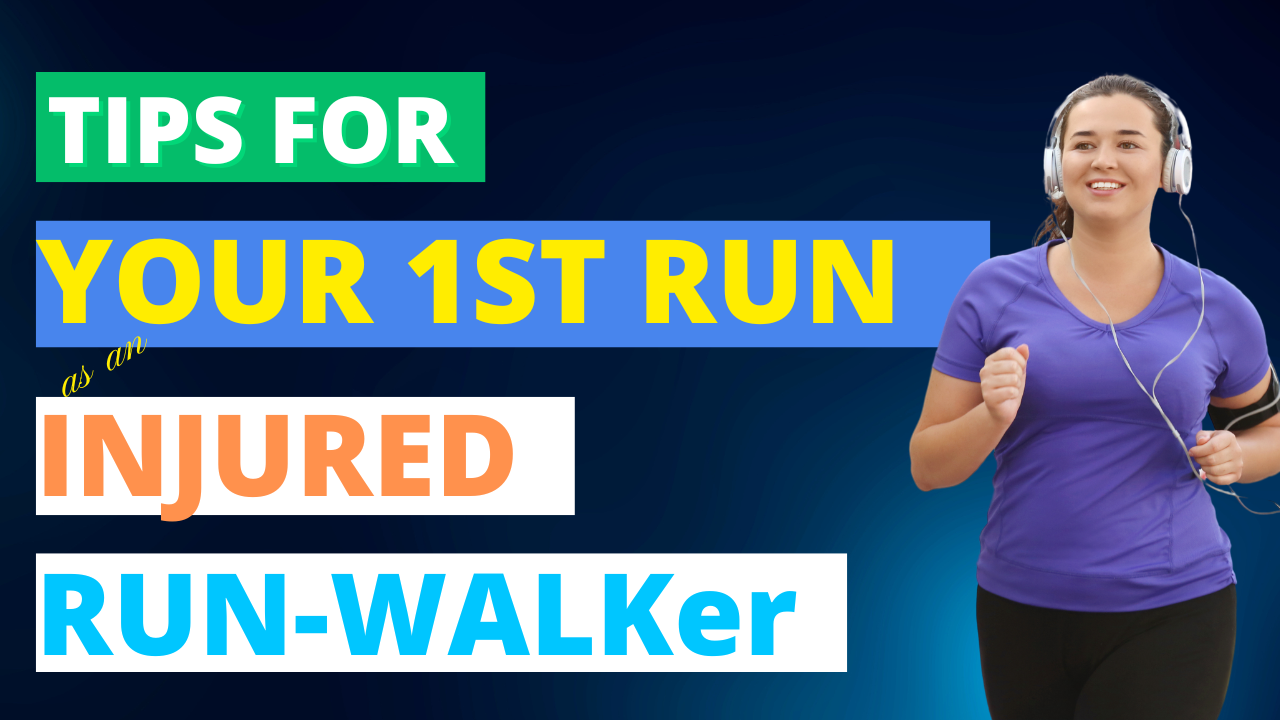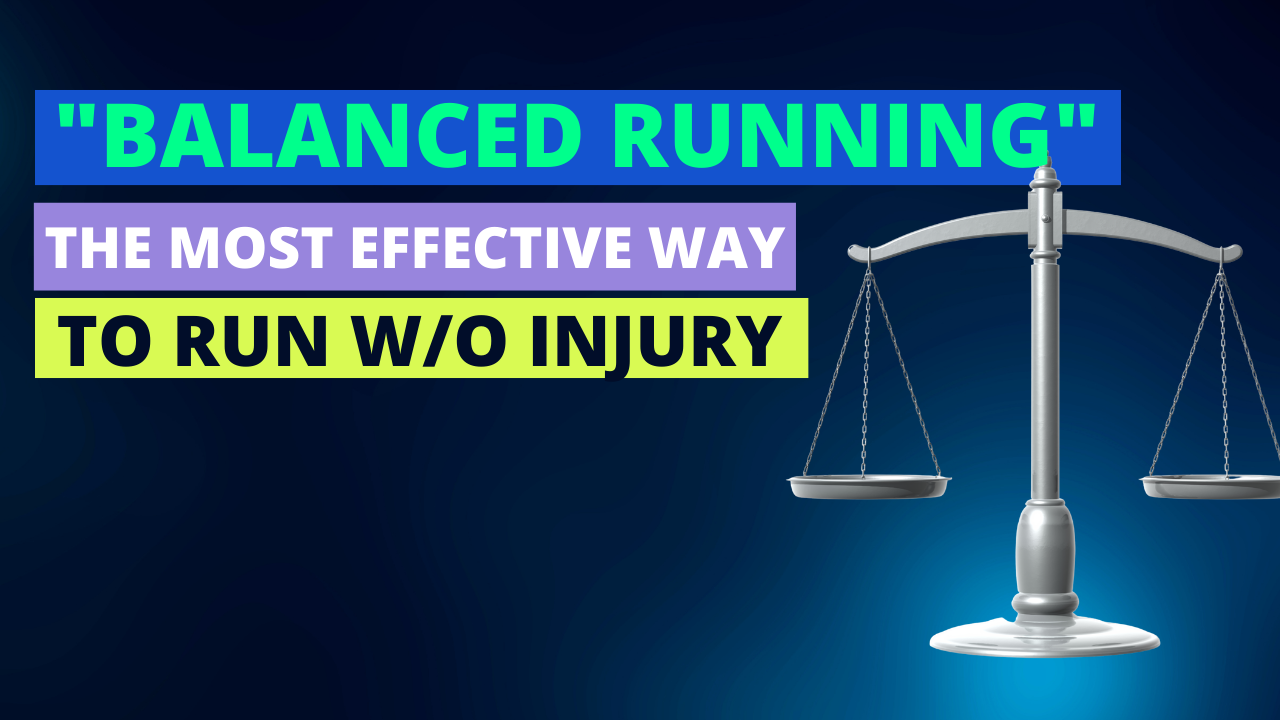
Navigating Injury Comeback: Conquering WDW Marathon Weekend with Smart Training
Shin splints, knee pain, Achilles tendonitis, plantar fasciitis, IT Band Syndrome – these injuries can derail even the most dedicated runner's journey. But fear not, because this year is all about finishing strong and injury-free. If you're determined to cross the finish line with your head held high, read on to learn how to train effectively and conquer those injuries that have held you back before.

Do this if you’re running and injured
When you’re coming back from an injury it’s important to slowly increase how much you run so you don’t get hurt again. You can do this by finding a plan that follows 10P EFT instead of adding a mile to the long run each week.

FAQ Training for a Race After Injury
Returning to the world of running after an injury is an exciting and empowering endeavor. As you set your sights on conquering your first race post-injury, there's an abundance of questions to address. Which training plan should you choose? Will it help you shed unwanted weight? What is race pace, and how do you determine it? What are tempo runs and progression runs, and how do they fit into your training? Should you incorporate hill workouts? And what about long runs and shorter runs? In this blog post, we'll delve into these frequently asked questions (FAQs) to help you select a training plan that aligns with your goals, maximizes your potential, and ensures a safe and effective return to running.

Balanced Running
The most effective way to cross the finish line after an injury is balanced running. Have you ever noticed when you ask in a running group what to do to train or run more after an injury without flaring up the injury again you get 50 different answers? It’s not that any of those people are wrong… actually they’re all right, just giving incomplete answers.

8 Things Your knee Surgeon Won't Tell You
If you had meniscus surgery but now feel like you haven’t recovered and are not where you want to be, it’s likely because your surgeon didn’t tell you about these 8 things that could be causing you problems.

Should you Go To The ER For My Knee?
When should you go to the ER for knee pain from running? The answer varies according to several factors. The answer to those factors is in this quick post.

When Should I Get A Cortisone Injection For My Knee Pain?
There are many ways to get rid of pain and inflammation. Cortisone definitely is anti-inflammatory… but if the pain is caused by chronic inflammation, not acute inflammation, then cortisone doesn’t work well. Read to find out when I recommend cortisone injections.